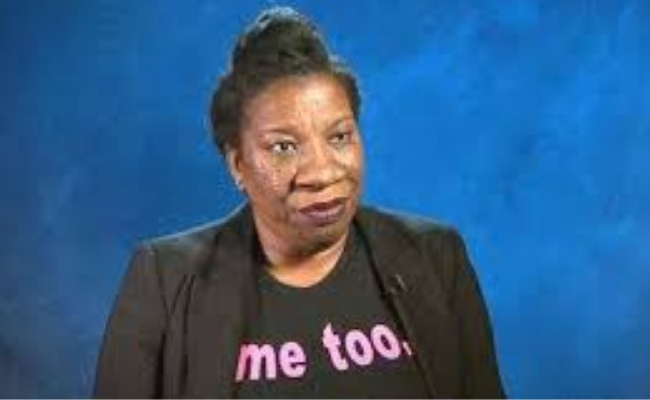It all started with #MeToo

If historians ever decide to dedicate honourable mention to the humanitarian activities and causes, #MeToo movement should definitely play a significant role in it. Initially contextualized by Tarana Burke, sexual harassment survivor and activist, the phrase “Me Too” found its way on a social media platform “MySpace” in 2006 when she demonstrated her traumatizing experience of being the victim of sexual perversion.
By means of sharing her struggle, she began to use the tag line to spread awareness against the abuses and assaults related to sexuality. “Me Too is a Movement, not a moment”, Burke claims and this is powerfully channeled to empower women empathetically and with mental strength, especially giving voice to those young and vulnerable girls and women to come out and increase consciousness by sharing their own distressing encounters.
Sexual-abuse allegations exposure
- On 2017, charges against American film producer, Harvey Weinstein of rape, sexual abuse and assault over the period of 30 years were brought up. A group of women, lead by Italian actress, Asia Argento formed a list of over a 100 allegations against him.
- The chain of using a hashtag before the phrase had gone viral started by American actress Alyssa Milano stating that this provides “a sense of the magnitude of the problem” as well as emphasizing on the severity of the cause.
- American celebrities producing high profile posts and reactions followed immediately. Gwyneth Paltrow, Ashley Judd, Jennifer Lawrence and Uma Thurman are among them.
- Far reaching media coverage, rigorous discussions and communications of sexual harassment, especially in the field of Hollywood, evoked a widespread agitation leading to firing of high-profiles, from criticism and serious backlash.
- The impact was huge. Millions of people from all over the world started to use the hashtag before the phrase, thereby reaching a broad expansion of unity and common ground.
The impact leading to the justice
The sheer popularity gained by the application of #MeToo led to expand into dozen other languages. The term began to mean different concept to different people across the world and therefore, leading to broadening of the interpretation.
As this progressed, it was inclusive to take in both men and women who were the victim of sexual harassment, battery, assault, abuse or rape of all colours and all ages as well as unifying marginalized individuals from the communities which are marginal. There are other few movements inspired by the former which focused on altering the culture through actions that will be committed in the future and personal reflection. Those were
- #DidThat
- #IHave
- #IWill
The pervasiveness of sexual violence was said to have affected one-third of the women population worldwide as concluded by World Health Organization.
The powerful thrust of the vital emergence of #MeToo encouraged vivid conversations into the international dialogue. A community of global survivors participated in this uproar to destigmatize the surviving act.
This #MeToo movement thrives to hold account of the perpetrators, giving rightful justice to the victims. Individual healing regardless of colour, gender, sexual preference, age is highly promoted. This movement has therefore proved to be one of the most influential progression.
